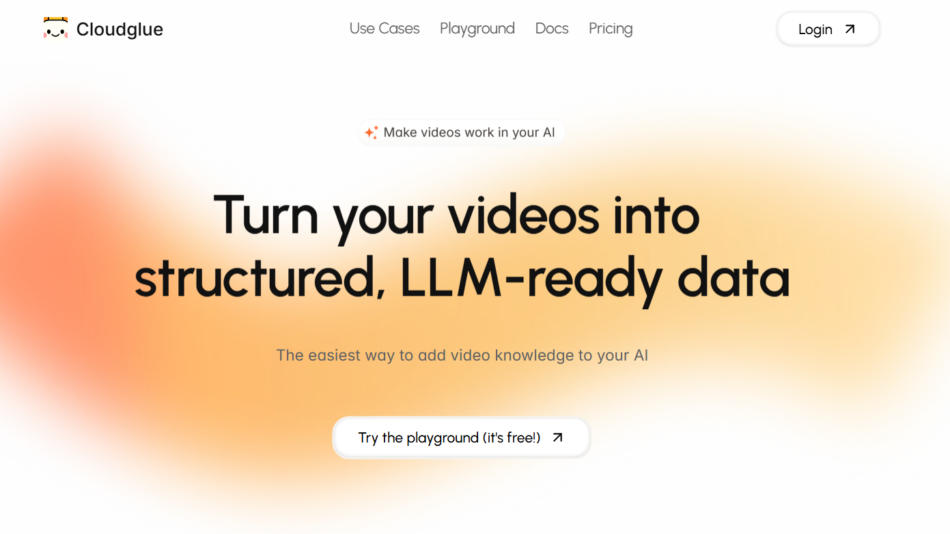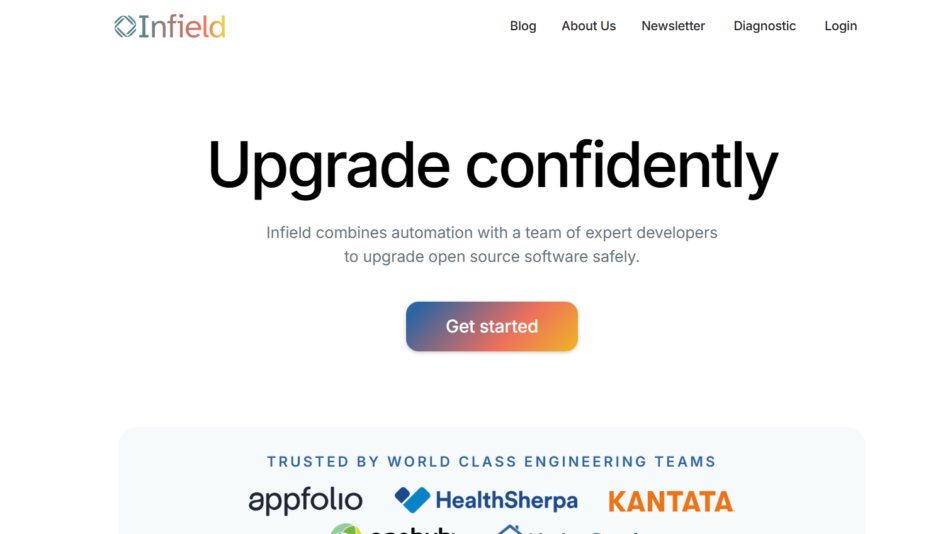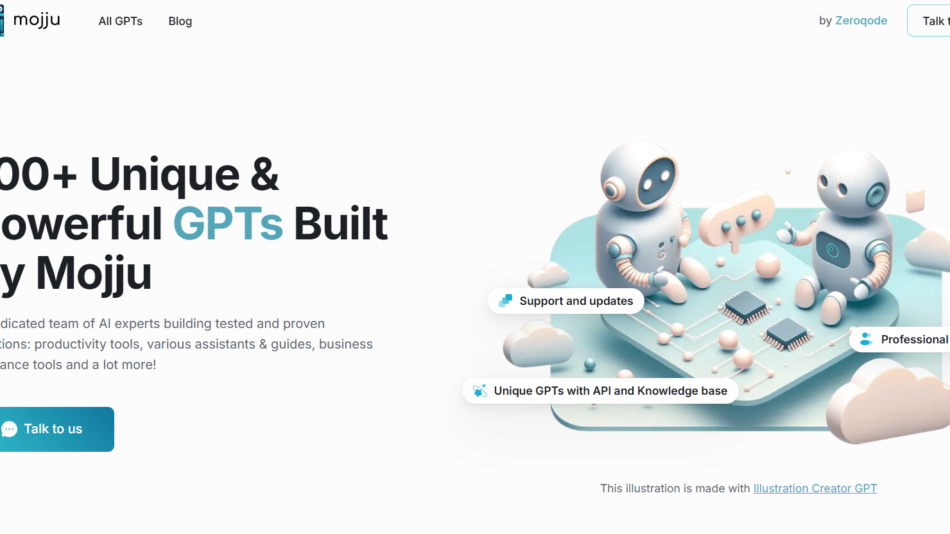Bricklayer AI is an enterprise-ready platform that simplifies the process of building, deploying, and scaling Retrieval-Augmented Generation (RAG) systems. Designed for companies building large language model (LLM) applications, Bricklayer provides robust infrastructure to unify internal data with AI-powered interfaces.
By focusing on the hardest part of enterprise AI—connecting large, fragmented internal knowledge bases to LLMs securely and reliably—Bricklayer accelerates the development of AI copilots, internal assistants, and knowledge retrieval tools. The platform handles every step of the RAG stack: data ingestion, document chunking, vector indexing, retrieval, generation, and observability.
Bricklayer allows developers and teams to focus on business logic and product experience while it manages the underlying AI infrastructure needed to support high-performance, scalable applications.
Features
Complete RAG Pipeline
From ingestion to retrieval and generation, Bricklayer covers the entire lifecycle of a RAG system in one platform.
Enterprise-Grade Security
Supports granular access controls, SOC 2 compliance, and role-based permissions for secure deployment across internal systems.
Data Connectors
Out-of-the-box integrations with sources like Google Drive, Notion, Confluence, GitHub, Dropbox, internal file servers, and databases.
Custom Chunking and Embedding
Intelligent text chunking and configurable embedding pipelines optimized for semantic retrieval and LLM input size limits.
Hybrid Search Engine
Combines keyword and vector-based search for better recall and relevance when querying internal data.
Observability and Tracing
Built-in monitoring for retrieval performance, latency, prompt quality, and hallucination detection.
Memory & Session Handling
Track user interactions and context for multi-turn conversations, ideal for AI agents or internal chat assistants.
Multi-Agent Routing
Route queries to specific agents or functions based on user context or query type.
Fine-Grained Permissions
Control which users or roles can access certain data sources, collections, or query capabilities.
LLM Agnostic
Compatible with major LLM providers including OpenAI, Anthropic, Cohere, Mistral, and open-source models.
Self-Hosting or Cloud Deployment
Choose between managed hosting or fully private deployment for greater control and compliance.
How It Works
Bricklayer is built to streamline the implementation of AI copilots and internal search tools through these steps:
Connect Your Data Sources
Ingest documents, files, and structured content from tools your teams already use.Process and Chunk
Use Bricklayer’s advanced chunking engine to divide content into LLM-ready blocks, then embed them into a vector index.Query with Retrieval + LLM
Bricklayer combines semantic search with LLM completions to answer user queries accurately using your internal data.Build Interfaces
Use Bricklayer’s APIs or SDKs to build chat interfaces, Slackbots, internal dashboards, or customer-facing assistants.Monitor and Optimize
Track query accuracy, retrieval quality, latency, and hallucinations via the observability dashboard.Scale Securely
Enforce access rules, audit usage, and scale your application across teams and departments with confidence.
Use Cases
Internal AI Assistants
Build secure, domain-specific copilots for legal, finance, HR, or engineering teams using your proprietary knowledge base.
Customer Support Knowledge Retrieval
Empower support reps with instant access to technical documentation, product manuals, or historical ticket data.
Legal and Compliance Search Tools
Enable smart search across policies, contracts, or regulatory frameworks using AI-driven relevance.
Enterprise Chatbots
Develop company-wide chatbots that understand context, access internal documents, and route user requests.
Research and Competitive Intelligence
Aggregate and query knowledge across multiple systems to accelerate business analysis and strategic planning.
Developer Tooling
Equip engineering teams with tools to search logs, codebases, and architecture documentation through natural language.
Pricing
Bricklayer AI uses custom enterprise pricing based on:
Data volume and source integrations
Hosting preferences (cloud vs. self-hosted)
Number of end users or agents
Compute usage and LLM provider integrations
Required SLAs and support tiers
Strengths
Purpose-Built for RAG
While many tools offer vector search or AI wrappers, Bricklayer is optimized from the ground up for enterprise-grade RAG systems.
Security-First Architecture
Granular controls, audit logs, and role-based access make Bricklayer suitable for regulated industries.
Flexible Data Ingestion
Easily connect and sync from a wide array of internal systems without needing a data engineering team.
Comprehensive Observability
End-to-end monitoring of performance, reliability, and output quality provides critical visibility.
Model and Host Agnostic
Support for any LLM or deployment model allows users to future-proof their applications.
Collaborative by Design
Built for cross-functional teams—product managers, engineers, and domain experts can all contribute.
Drawbacks
Enterprise-Focused
Not designed for small teams or hobby projects—best suited for companies with real RAG needs and resources.
Requires Technical Integration
While it simplifies infrastructure, using Bricklayer still requires backend and frontend integration work.
Pricing Transparency
As of now, pricing is available only via sales contact, which may be a barrier for startups or early-stage teams.
Newer Product
As a relatively new platform, some advanced features may still be evolving compared to more established tools.
Comparison with Other Tools
Bricklayer AI vs. LangChain
LangChain provides flexible toolkits for developers. Bricklayer delivers a production-ready platform with full infrastructure and observability.
Bricklayer AI vs. Pinecone
Pinecone is a vector database. Bricklayer includes vector indexing plus chunking, retrieval, orchestration, and monitoring.
Bricklayer AI vs. Weaviate or Qdrant
While those handle vector storage, Bricklayer adds workflow orchestration, agent routing, security, and end-user integration layers.
Bricklayer AI vs. OpenPipe
OpenPipe is great for fine-tuning models using app logs. Bricklayer is ideal for live RAG systems powered by internal knowledge.
Customer Reviews and Testimonials
Since Bricklayer AI is currently in private beta/early access, detailed public reviews are limited. However, early partners and design partners report:
“We went from raw internal documentation to a secure, working copilot in days—not weeks.”
— Head of AI, SaaS Company
“Our legal and compliance teams are now using Bricklayer-powered search daily. It’s a huge time saver.”
— CIO, Enterprise Financial Services Firm
“RAG is hard to productionize, but Bricklayer made it feel manageable. Their team clearly understands enterprise needs.”
— Principal Engineer, HealthTech Platform
For demo requests and more, visit https://www.bricklayer.ai.
Conclusion
Bricklayer AI is a powerful, enterprise-grade solution for teams building LLM-powered applications that rely on private, proprietary knowledge. With full-stack support for RAG workflows, Bricklayer handles everything from ingestion and chunking to secure retrieval and observability—letting your teams focus on delivering value.
If you’re building internal copilots, AI agents, or knowledge assistants and need reliable access to internal data, Bricklayer AI is a robust foundation for scalable, secure LLM deployment.















